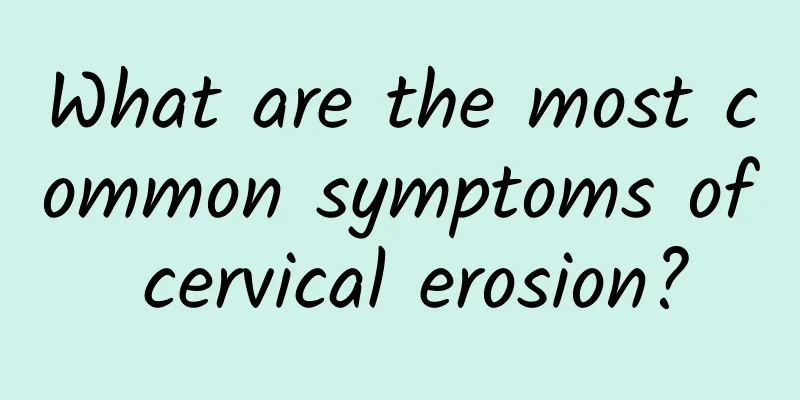Does uterine prolapse require hysterectomy?

|
Uterine prolapse generally refers to the uterus protruding out of the vagina due to weak pelvic tissue, which does not necessarily require hysterectomy. For women with mild uterine prolapse, hysterectomy is not necessary, and it can be relieved through pelvic floor muscle exercises, pessary therapy, and drug therapy. For women with severe uterine prolapse and no fertility needs, hysterectomy should be considered. 1. Situations where hysterectomy is not necessary 1. Pelvic floor muscle exercise: For patients with mild uterine prolapse, especially young women with fertility needs, Kegel exercises can be performed to strengthen the pelvic floor muscles by forcefully contracting the anus, thereby improving the condition of uterine prolapse. 2 Pessary treatment: For older patients who cannot tolerate surgery or wish to avoid surgery, they can be given a pessary treatment. The pessary can support the uterus, prevent it from moving further downward, and reduce related symptoms such as back pain. 3. Drug treatment: For mild uterine prolapse, some drugs can be used to relieve symptoms, such as Buzhong Yiqi Pills and Fuke Duanhongyin Capsules, which can enhance the strength of the pelvic floor muscles. 2. Situations where hysterectomy is required: Hysterectomy may only be considered in some severe cases of uterine prolapse, when the patient is older, has no fertility needs, and has other serious gynecological diseases. The doctor will conduct a detailed assessment and full communication based on the patient's specific situation, weigh the pros and cons of various treatment methods, and develop a suitable treatment plan for the patient. It is recommended that patients seek medical treatment in a timely manner and follow the doctor's advice for treatment based on their own conditions. In daily life, they should rest more, avoid fatigue, and avoid lifting heavy objects to avoid aggravating uterine prolapse. |
>>: What are the clinical symptoms of abdominal wall endometriosis?
Recommend
What are the clinical characteristics of different types of dysmenorrhea?
Almost every woman will have different degrees of...
Abnormal leucorrhea indicates that women are suffering from diseases!
It is said that leucorrhea reflects women's h...
What foods should be avoided for Bartholinitis?
The reason for suffering from Bartholinitis is th...
What is the use of spectral treatment for cervical erosion? What causes cervical erosion in women?
What is the use of spectrometer to treat cervical...
What foods are good for ovarian function?
If the ovaries are functioning well, women may ha...
Do sugar-free drinks help you lose weight? Artificial sweeteners may make you crave more
Many zero-calorie or low-calorie diet drinks are ...
How can women cure chronic cervicitis? Several effective treatments for chronic cervicitis
Chronic cervicitis is difficult to treat and is p...
How long after abortion can I exercise?
How long after an abortion can you exercise? Alth...
What are the best ways to prevent menopause?
Postmenopausal women sometimes experience vaginal...
A major reversal of staple food! Rice becomes steamed plantain mash
Are you tired of the same old rice or noodles as ...
TCM syndrome differentiation and treatment of menstrual disorders in patients with irregular menstruation
Menstrual disorders refer to irregular menstruati...
What are the drugs for regulating irregular menstruation? Choose drugs according to symptoms
Menstruation is a normal physiological manifestat...
How much does physical therapy for menopause cost?
The key to treatment is early stage. Some patient...
Experts explain the symptoms of cervical hypertrophy
What are the symptoms of cervical hypertrophy? Ce...
Causes of Trichomonas vaginitis
Trichomonas vaginitis is relatively common in cli...









